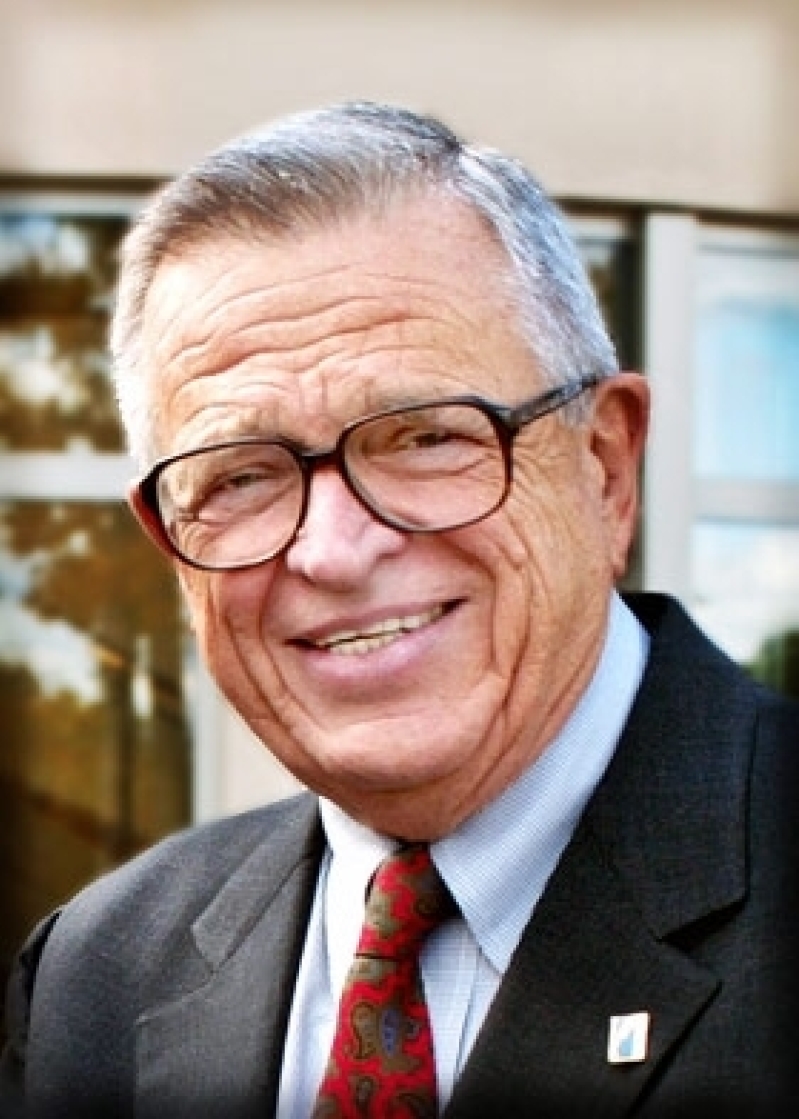
As the nation marks the tenth anniversary of the attacks on the World Trade Center and the Pentagon, writer Paul Berman asks an important question in the New Republic: “Do ideas matter?”
The answer is emphatically, yes! But do we in the post-modern West truly understand the power of ideas?
We ought to. Just go back to the years preceding the attacks: In November 1989, the Berlin Wall came down. Two years later, the Soviet Union itself collapsed and, without any exchange of fire between the principals, the Cold War was over.
In the heady aftermath, people, most notably political scientist Francis Fukuyama, talked about the “end of history.” They didn’t mean that literally, of course. What they meant was that liberal democracy had triumphed. Even if there were occasional setbacks, western liberal democracy, including free markets, had been “universalized,” that’s their word, as the “final form of human government.”
Within a few years, this thesis was disproved by history itself: A humiliated Russia turned to authoritarianism as an alternative to post-Soviet chaos; China disproved the idea that free markets inevitably led to political freedom; and, nationalism, not liberal democracy, captured the imagination of the people of the former Soviet empire.
Then, of course, there was religion, specifically, militant Islam. When the planes flew into the World Trade Center and the Pentagon, it was a tragic reminder that a lot of history remained to be written.
I’m not singling out Fukuyama, who is a great scholar and who has reconsidered some of what he wrote. The truth is that, with a few notable exceptions, commentators, scholars, and strategic thinkers had discounted, if not dismissed, the role that religion plays in shaping the world we live in.
They saw the rest of the world becoming like the West: secular and cosmopolitan. They confused people’s love of modern western technology - MP3 players, cell phones and, above all, the Internet - with approval for modern western ideas.
September 11th should have disabused us of this notion. A gadget is no substitute for an idea. And it certainly can’t compete with one for peoples’ hearts and minds. The internet can help terrorists plan attacks, but it, and the technological triumphalism it inspires, cannot motivate someone to blow himself up or fly a plane into a skyscraper.
Ten years after 9/11, Osama bin Laden and nearly all of al Qaeda’s leadership are dead, but I’m not sure that we understand what they represented. During the so-called “Arab Spring,” people spoke as if they still believed that these societies would go from dictatorships to something resembling liberal democracies. Their confidence was inspired, in no small part, by the protestors’ use of Facebook and Twitter.
Once again, we are overlooking the power of ideas: We discount to our peril the influence of groups like the Muslim Brotherhood, whose ideas, however repellant, motivate many.
And now the West has mostly abandoned Christianity - the idea and ideals that created and sustained it for nearly two millennia. What great idea will inspire us and give us courage to resist the ideas of radical Islam or other perniciously destructive ideologies?
I’m certain that history is definitely not over. My concern is that it will repeat itself.
From BreakPoint, September 9, 2011, Copyright 2011, Prison Fellowship Ministries. Reprinted with the permission of Prison Fellowship Ministries. All rights reserved. May not be reproduced or distributed without the express written permission of Prison Fellowship Ministries. “BreakPoint®” and “Prison Fellowship Ministries®” are registered trademarks of Prison Fellowship







